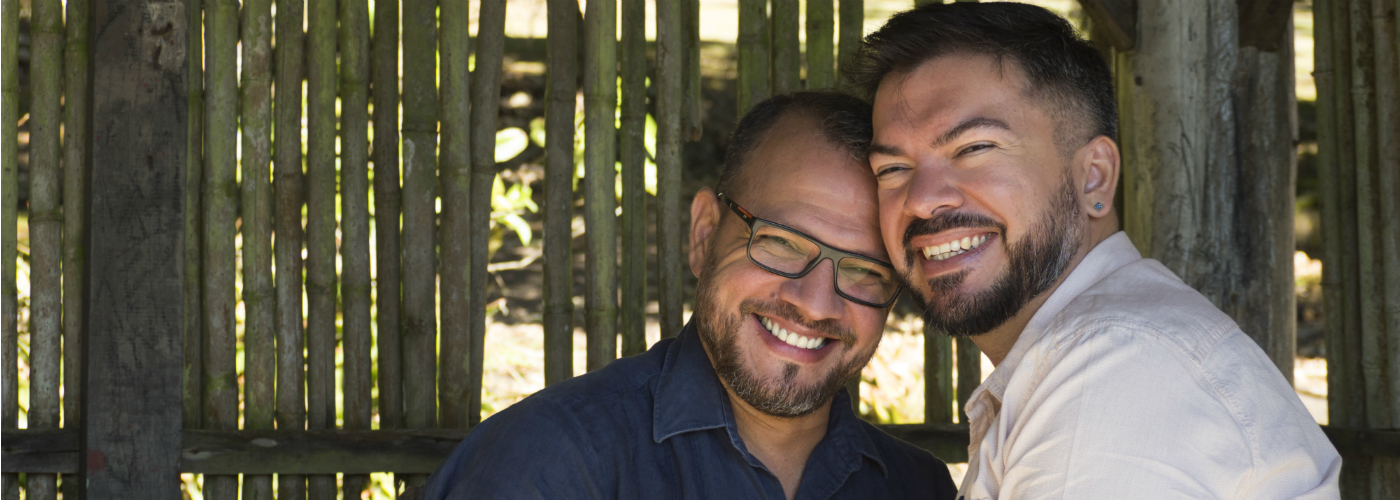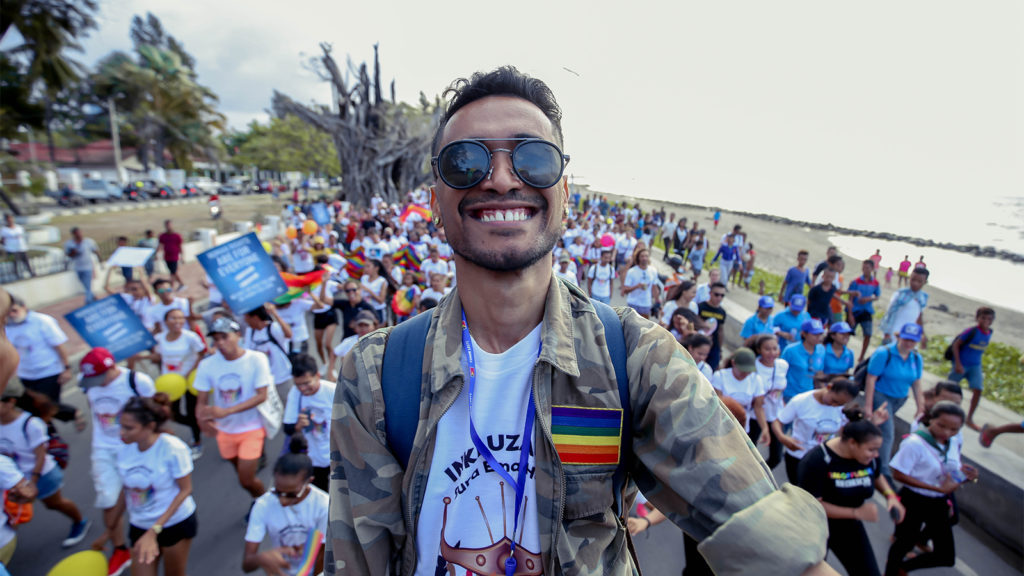Please meet our colleague Sergio from Colombia. While traveling for work, he met Manuel, the love of his life. In 2016, when same-sex marriage in Colombia finally became possible, they got married. Both at the town hall and in the Anglican Church.
But Sergio and Manuel live in Costa Rica, where same-sex marriage is still not recognized. Even though the Inter-American Court of Human Rights had ruled in January 2018 that same-sex marriages should be recognized, the Costa Rican authorities are stalling. This is odd because the ruling came in response to a motion brought by Costa Rica. So Sergio is going into battle.
Different standards
“We’ve tried before to have our marriage recognized here in Costa Rica,” says Sergio, “but they deemed our documents inadmissible. It’s very frustrating. The crazy thing is that during the same time period, we did get a mortgage for our home together at a private bank, also here in Costa Rica. They accepted us as a couple. Funny, isn’t it?”
Red tape
Nine days after the ruling of the Inter-American Court of Human Rights, Sergio resubmitted his request. “It was a special moment. We were treated with respect, nobody gave us any strange looks. They said it would take about a month and that further communications would be by email. Turns out it will take a while. First, we had to provide proof of our church wedding. Now they want proof of our civil wedding, and we’re still waiting for the Colombian notary to send us the marriage certificate.”
In August 2018, the Costa Rican Supreme Court ruled that the ban on same-sex marriage is unconstitutional and the government had 18 months to pass a new law. In the meantime, Sergio and Manuel still don’t have the same rights as heterosexual couples. “If I were to lose my job, I would lose my residence permit, even though I’m married to a Costa Rican.”
Living his work
Sergio is heading a Hivos project that came about thanks to contributions from Dutch donors. His team is analyzing the status of same-sex marriage in four Latin American countries to see if the Court’s ruling is actually being complied with.
“This topic touches me deeply, in terms of both my work and my private life. Throughout the whole discussion about gay marriage, fear and homophobia have been flaring up. We can’t go out walking hand in hand. And as long as our marriage is not officially recognized, I feel like I’m not fully being recognized as a human being. I don’t have the same rights as the next guy.”
When will the dream be complete?
When their marriage is finally officially recognized, will the dream be complete? “Almost,” laughs Sergio, “then I’m just going to see if the Anglican Church will ordain me as a priest. I’m a religious man and for me this would raise the concept of equality to a higher level. In some countries it’s already possible!” And why not?



